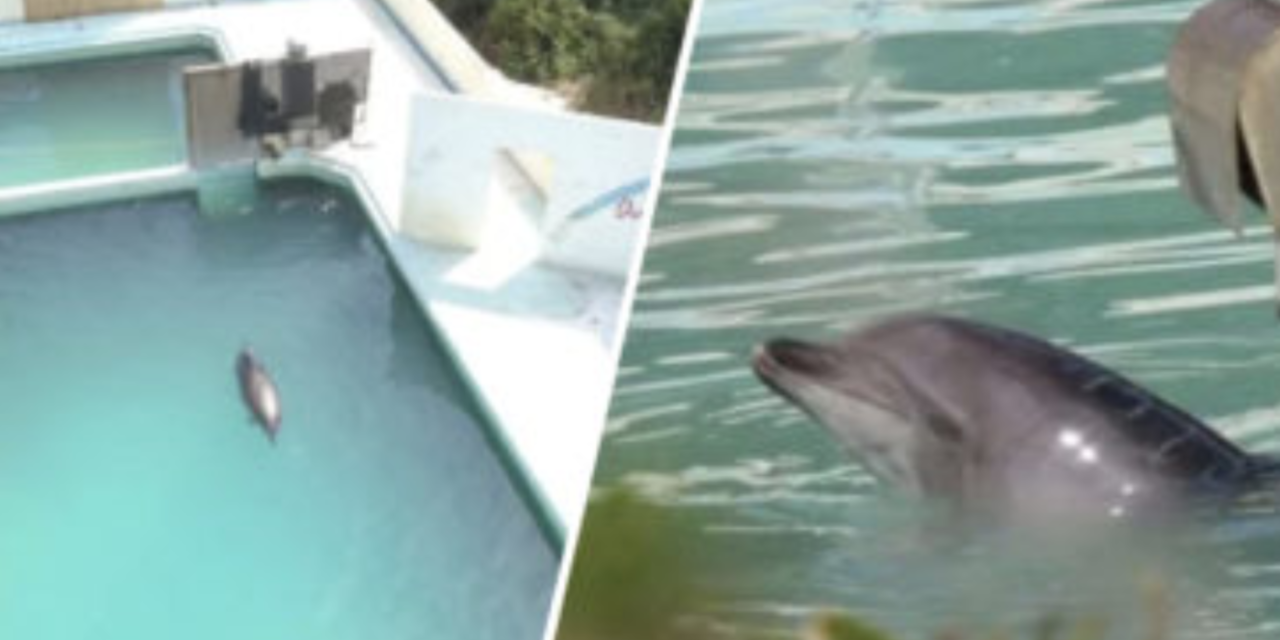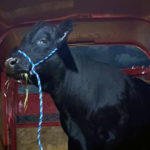One of the most popular captive dolphins in Japan, Honey, has died. An advocacy group, Dolphin Project, released the news. Dubbed the loneliest dolphin in the world, Honey spent the last two years of her life at the Marine Park Aquarium in Choshi, a city located east of Tokyo.
Honey, a female bottlenose dolphin was captured in Taiji way back in 2005. The western port town is notorious for its annual dolphin hunt and was featured in the 2009 award-winning documentary, The Cove. This particular hunt also captured more than 40 penguins and hundreds of fishes and other reptiles. In this hunts, dolphin hunters use drive hunt techniques to drive many dolphins to shore, resulting in their death or capture. The ones that survive spend the rest of their years in captivity
The aquarium abandoned Honey and other animals in 2018 when it closed. The park cited a decline in visitors, following the earthquake in 20111 and the Fukushima nuclear crisis. While an employee fed the animals, they were otherwise ignored and forced to fend for themselves. The conditions that the animals were left in were described by PETA, an animal rights charity as “extremely miserable and life-threatening.”
“Dolphins in the wild, along with their families, swim long distances, playing and exploring. For Honey, however, life consists of just floating in the abandoned pool all day long,” PETA says.
After her abandonment, Honey began exhibiting compulsive and repetitive actions known to be stereotypic behavior. This is a sign of the severe distress she was under as a result of her captivity.
The Dolphin Project, an advocacy group dedicated to protecting and ensuring the welfare of dolphins globally, caught wind of Honey’s story in 2018 from local activists in Japan. On their website, they revealed that they reached out to the park to try and rescue Honey and the other abandoned animals, but achieved little success.
In November of 2018, the project found out from a well-informed source that the park was in debt and was seeking a buyer. By the next year, the aquarium had been sold, the animals along with it.
The organization says that they tried to acquire Honey again in February this year so that they could retire her in peace and dignity. However, these conversations ended in the early days of March when it became apparent that she wouldn’t survive. On the 29th of March, Honey died in her tank.
The death of the dolphin has sparked an outcry in Japan. Honey would likely remain the public face of dolphin captivity for a long time, and hopefully, spread the awareness of how unfair the treatment of these animals is.









